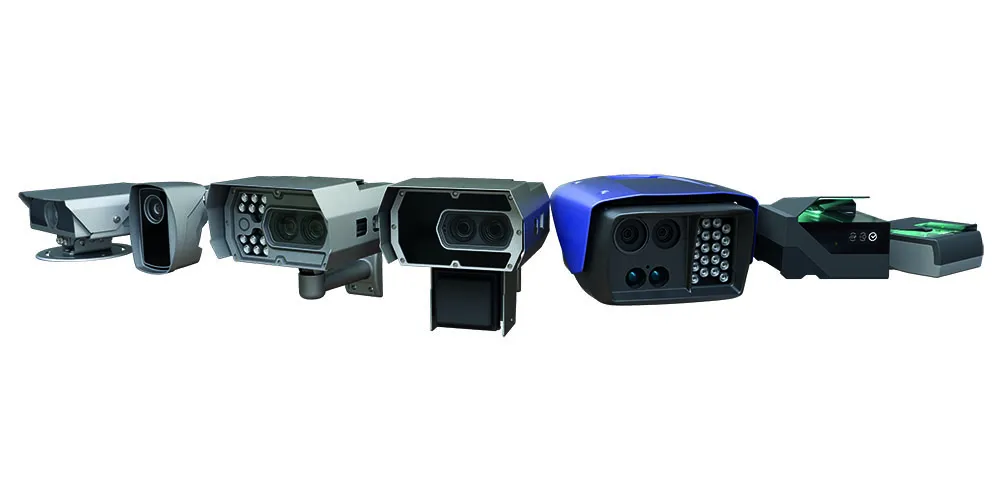License plates are scanned using CitySync’s line of specially configured IP cameras and the CitySync software running on a third party computer or directly on select exacqVision servers. Licence plate information is converted to serial data which can be searched for using the exacqVision client.
“We are excited to announce this partnership with Exacq Technologies,” said Kris Tufto, CEO of Image Sensing Systems. “We are certain that this partnership will broaden and further enhance our constantly growing LPR footprint and in addition bolster our efforts to provide users precise and accurate information to make more confident and proactive decisions.”
“Integrating with CitySync provides our customers and end users with a powerful and easy-to-use solution to record license plate data,” notes Dave Underwood, President, Exacq Technologies. “The partnership between our two companies will provide a highly effective tool that combines both video and data evidence from the same user interface.”









